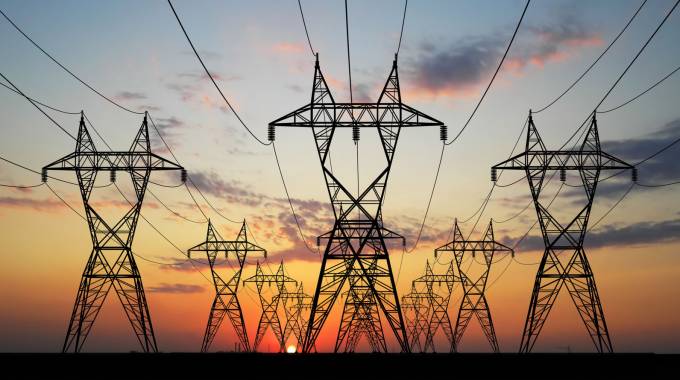
The Sunday Mail

Golden Sibanda
EFFORTS by the Government to economically empower and uplift the poor through subsidised electricity to increase their participation in the mainstream economy, may fail to have the desired positive impact due to gaps in the subsidy model, according to findings of a study.
As such, the research recommends policy reforms based on possible consumption models that combine financial, non-financial and supply side subsidies to achieve the expected outcomes.
The study proposes interventions that enhance benefit incidence, improve subsidy targeting performance and optimise benefits that accrue to the vulnerable.
In its current format, the research findings say the electricity subsidy model in Zimbabwe is such that while the subsidies are high, they are not properly targeted, resulting in the non-poor benefiting relatively more than the intended beneficiaries.
The study findings, carried out by the Zimbabwe Economic Policy Analysis and Research Unit (Zeparu), a quasi-Government institution with funding support from the World Bank, say the current subsidy model may not achieve the intended results, despite being a huge cost to the Treasury and power utilities.
“Empirical evidence carried herein, therefore, shows that electricity subsidies in Zimbabwe are less effective in alleviating poverty due to the high level of exclusion of the poor from the subsidy and high inclusion of the non-poor, resulting in low rates of beneficiary incidence on the poor.
“By subsidising all consumption levels, the subsidy scheme ostensibly perpetuates high errors of inclusion and limits scope for cross subsidisation among households. Errors of inclusion, the Zeparu study says, arise because the non-poor benefit from the subsidy even though ideally, they should not benefit because they can afford unsubsidised electricity.
“Electricity subsidies constitute a cost to the Government and the utility companies providing electricity.
“If subsidies are not properly designed, they fail to achieve their intended objectives, which include among others increasing affordability of and access to electricity among the poor to improve their standard of living and participation in productive economic activities,” Zeparu said.
Electricity in Zimbabwe is heavily subsidised.
In 2017 the Zimbabwe Electricity Distribution and Transmission Company (ZETDC), sold electricity to households at an average of US9,96 cents per kilowatt hour, which was lower than the estimated efficient cost of supply of US12,4 cents per kWh.
“This implied a subsidy of 24,5 percent per kWh consumed by households. The high pro-portion of subsidies in Zimbabwe could be indicative of a subsidy design that may be too generous, with low target performance and heavy burden on the fiscus,” the study says.
According to the research, in Zimbabwe electricity is heavily subsidised in many forms, including research and development, investment, generation, decommissioning and consumption.
“Consumption-linked subsidies include reduced rate of import duty for solar components, quantity based increasing block tariff (IBT) schedule tariff subsidy, below-cost grid connection charges to consumers and VAT exemption of domestic electricity consumption,” the study says.
Such a scheme, the study findings say, results in the Government having to subsidise the electricity utility companies in the form of capital injection to cover the losses from subsidies, yet the government is fiscally constrained.
Reportedly, the structure also results in the electricity utility companies underinvesting in electricity generation and grid expansion, further limiting access to power by the marginalised.
“Therefore, improving the targeting performance of the subsidies is imperative as it enables the subsidy to benefit the poor who genuinely need the subsidy.
“It also reduces the cost of providing subsidies and creates fiscal space for Government by limiting subsidies to the non-poor,” the study findings say.
Some analysts say subsidies should be designed in a manner that only people who openly declare themselves poor should benefit.
In 2019 Government subsidised public transport through ZUPCO, in a move that cost US$8 million monthly according to Secretary for Finance and Economic Development George Guvamatanga.
In explaining the decision then, Mr Guvamatanga said the move was meant to cushion vulnerable members of the society from high travelling fares.
In a research, which examined public transport (transit) subsidies in London, UK, and Santiago, Chile, Leonardo Basso and Hugo Silva found that subsidies can be effective in improving people’s welfare.
They argue that policymakers who wish to help the poorest should put into place transit subsidies, as this will do the most to help the poor and redistribute incomes, compared to the alternatives.
Public transport is used by poorer people and, therefore, subsidising transit is a means to achieve income redistribution, the research showed.
The analysts said therefore, power subsidies were also supposed to be targeted.



